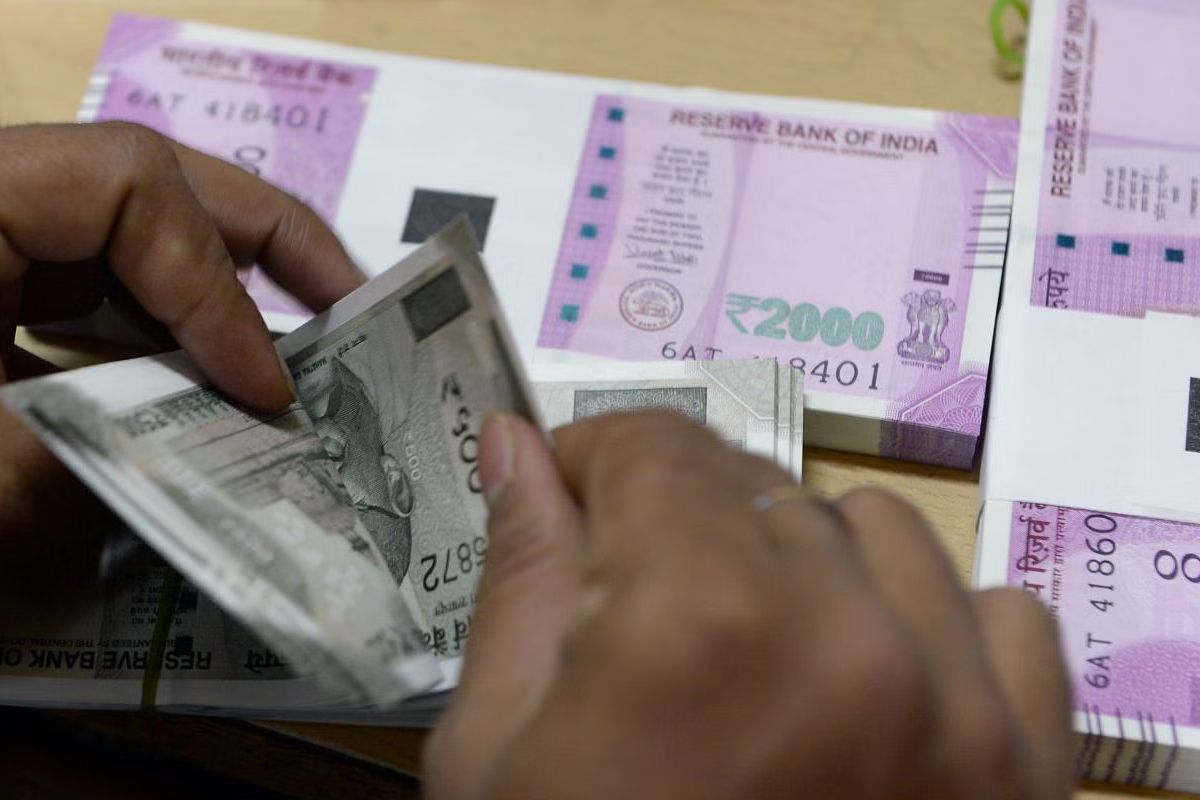A day before a constitution bench of the Supreme Court is set to hear a batch of petitions, including one by a NGO, Association for Democratic Reforms (ADR), challenging the Electoral Bond Scheme, the Centre has informed the top court that the citizens have no right to know the source of the funds of the electoral bonds.
Stating that the citizens don’t have a right to know the source of the funds of the electoral bonds, the Attorney General Venkataramani opposed the petitioners’ seeking declaration that citizens have a right to know the contributions being made to political party through electoral bonds as a facet of the right to freedom of expression and the confidentiality clothing the scheme is impermissible.
Advertisement
The attorney general found flaws with the petitioners’ plea seeking declaration on two counts, “Firstly, there can be no general right to know anything and everything without being subjected to reasonable restrictions. Secondly, the right to know as necessary for expression can be for specific ends or purposes and not otherwise.”
“The scheme does not impinge upon any existing right of any person and cannot be said to be repugnant to any right under Part III of the Constitution (Fundamental Rights),” read the AG’s note.
“In the absence of such repugnance, the scheme will not be illegal. A law which is not so repugnant cannot be voided for any other reason. Judicial review is not about scanning State policies for the purposes of suggesting better or different prescriptions,” says the AG.
Stating that there cannot be a general right to know anything and everything, Attorney General Venkataramani, in his brief written submissions to the Supreme Court, said the “Democracy is a wide concept and comprehends many aspects, right to know for the general health of democracy will be too over-broad.”
He said there could not be an extension of the electorate’s right to know the criminal antecedents of a candidate, to the funding of the political parties through electoral bonds. He said that both the voters’ right to know the criminal antecedents of a candidate, while making an informed choice while voting and the funding of political parties are not comparable.
Referring to the top court’s 2003 judgment directing the disclosure of the criminal antecedents of a candidate, AG Venkataramani, in his note, says these directions were for achieving a specific end and could not be read as to suggest that a citizen has a right to information under Art. 19(1)(a) regarding funding of political parties through electoral bonds.
“If there is no right under Article 19(1)(a), the further question of locating reasonable restrictions under Article 19(2) does not arise,” says the attorney general in his note.
Stating that the judicial review is not about scanning state policies for the purposes of suggesting better or different prescriptions, Venkataramani says “The scheme in question extends the benefit of confidentiality to the contributor. It ensures and promotes clean money being contributed. It ensures abiding by tax obligations. Thus, it does not fall foul of any existing right.”
Since the entire issue falls within the domain of parliamentary scrutiny and debates, the AG says “A constitutional Court reviews state action only if it impinges upon existing rights and not because state action has not provided for a possible right or an expectation howsoever desirable.”
Referring to a thinking that the influence of financial contributions to political parties by corporate entities is baneful as it is perceived that such contributions will always influence policy making or other executive decisions or functions, the Attorney General’s note says, “… these are highly debatable matters and cannot be subjected to simplistic statements without Parliamentary debates” reads the brief note.
A law does not become void because it does not take cognisance of the possibility of an aspect being read into or treated as part of an enumerated right. Only existing rights need to be noticed.
Electoral bond is an instrument in the nature of a promissory note or bearer bond which can be purchased by any individual, company, firm or association of persons provided the person is a citizen of India or body is incorporated or established in India. The bonds are issued specifically for the purpose of funding political parties.
The government has all through defended the electoral bond scheme, describing it as completely transparent, that takes care of unaccounted funding of the political parties. The Centre has urged the top court to hear it before deciding whether the matter needs to be referred to the constitution bench.
The Association for Democratic Reforms, which monitors the criminal antecedents of the candidates of various parties, has alleged that the ruling party had received more than 60% of total electoral bonds in the audit of the parties in two years of 2017-18 and 2018-19.
The NGO has noted that even the Election Commission and the Reserve Bank of India had in 2017 objected to the electoral bonds, advising against their issuance as a mode of donation to the political parties.
Various petitions are pending before the top court challenging amendments made to different statutes through Finance Act 2017 and Finance Act 2016 on the ground that they have opened doors to unlimited, unchecked funding of political parties.











